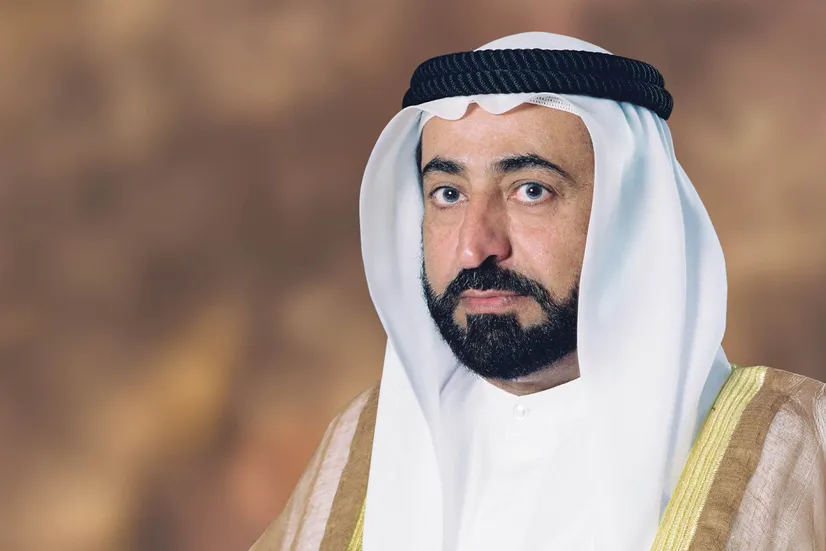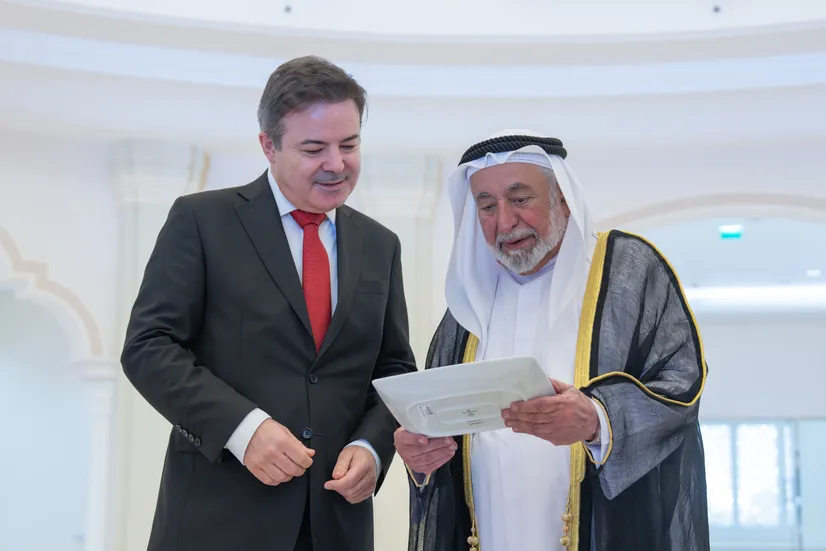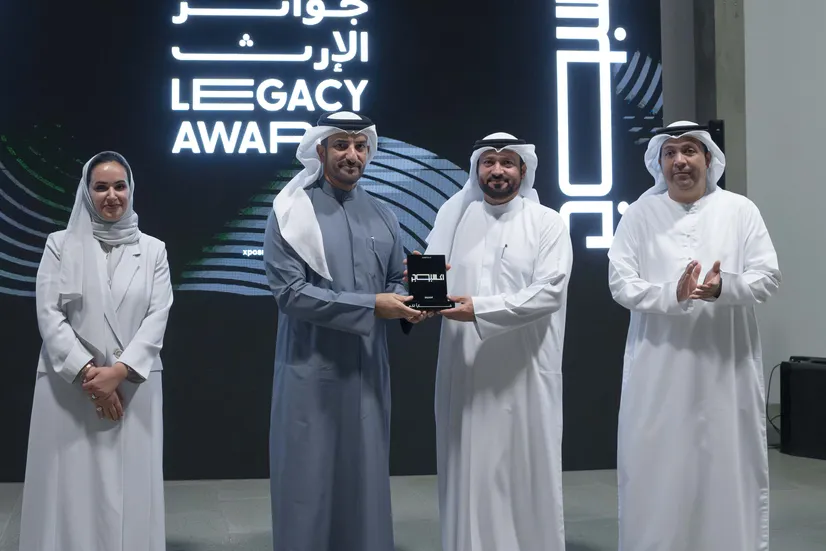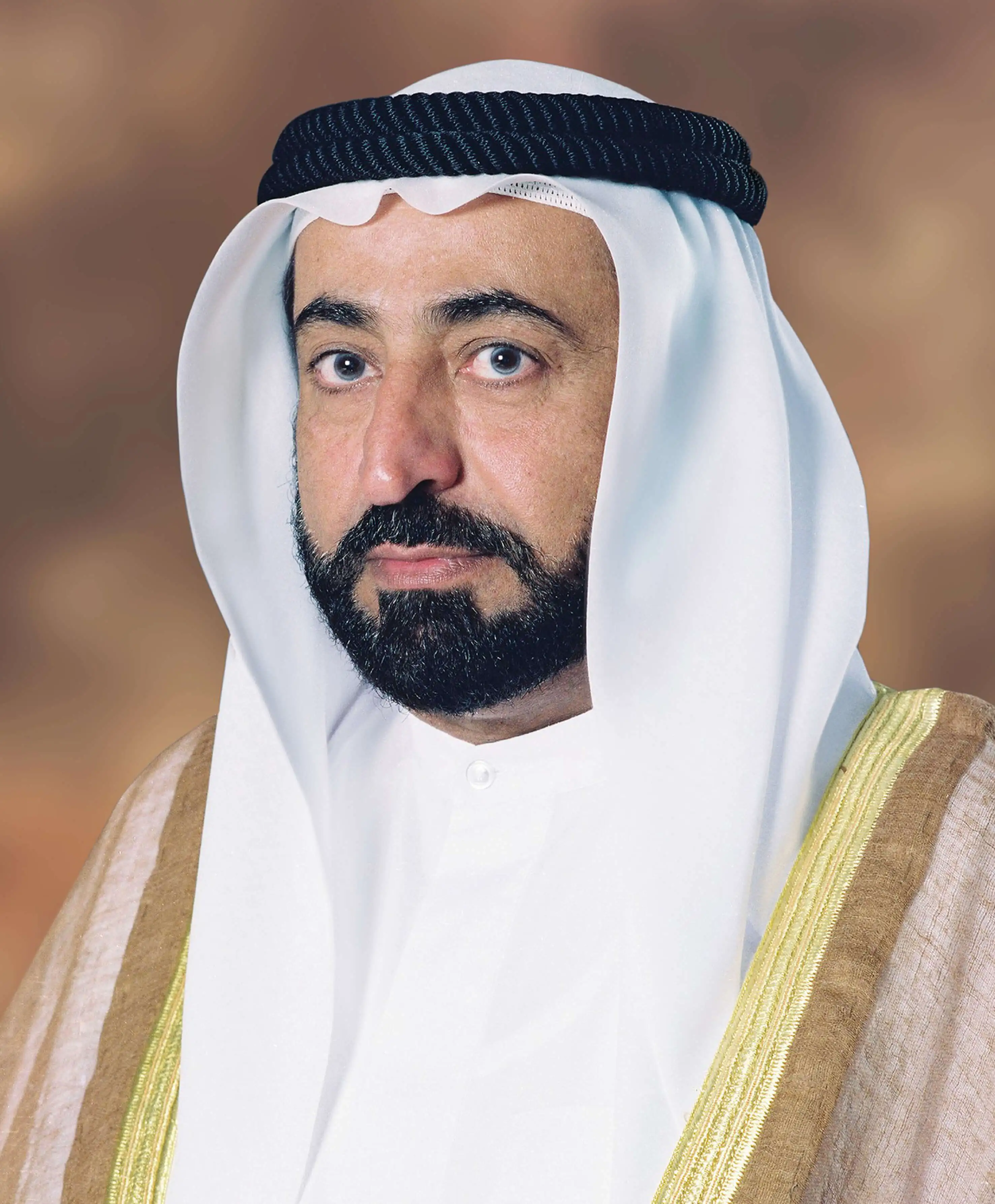

Sharjah Government Media Bureau
SGMB stands as the primary source of official news in Sharjah, ensuring transparent communication and reflecting the true voice of the Emirate to the world
Latest News


Sharjah Ruler receives Portugal’s Secretary of State for Culture

Sultan bin Ahmed attends closing ceremony of Xposure’s 10th edition

'Just go be a photographer': Life Magazine's ‘last hire’ chronicles seven decades of history at Xposure 2026
SGMB Services

Field Training
Provides students with practical media experience through structured field training programs.

Smart Media Platform
Unifies Sharjah government’s media efforts, via publishing, archiving, and media monitoring tools.

Government Support Platform
A platform that enhances coordination among Sharjah government entities and institutions, especially during crises.

Request approval to Host Social Media Influencers
Mandates prior approval to host influencers to promote Sharjah events on social media platforms.
His Highness Sheikh Dr Sultan bin Mohammed Al Qasimi Supreme Council Member and Ruler of Sharjah
His Highness was born in 1939 and became the Ruler of Sharjah in 1972, succeeding his late brother Sheikh Khalid bin Mohammed Al Qasimi (may he rest in peace). His Highness began his formal education at Al Eslah School in 1948 and obtained a Bachelor's degree from the Faculty of Agriculture at Cairo University ...
